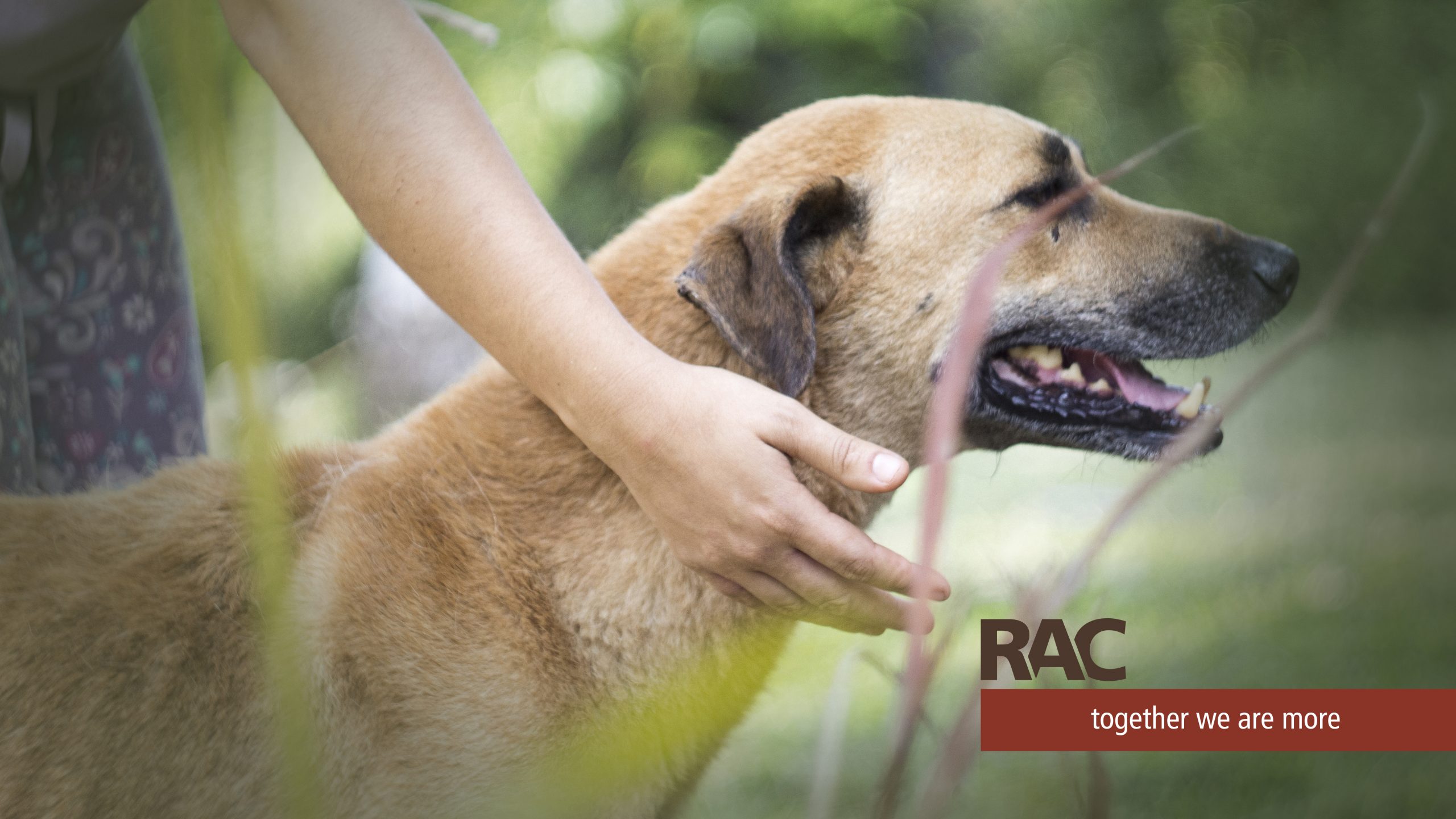
The Canine Support Network (RAC) is a non-profit civil association, created in 2005 that aims to end the negligent and abusive treatment of animals, directing its efforts to strengthen the bond between humans and animals.
It all started with one dog. It was abandoned at the top of a house, it had not been drinking water or eating for days. That animal and its tragedy made the team get to know each other and decide to help him at all costs. When he was rescued, the dreamers of this organization did not want to be satisfied with helping just one and decided to continue, one case at a time, until the attention of thousands of cases from that afternoon that would change their lives forever.
They were few and far between and the cases of help were becoming more and more. That made each one put their talents to the service of this cause they loved and in which they committed their heart, their strength and their trust.
At the beginning, about 900 animals were sterilized every year and about 30 were rescued. This number grew with the adhesion of volunteers and with the implementation of the decentralized management model, Support Groups, until more than 12,000 animals were assisted for free or subsidized every year and more than 250 were rescued directly, impacting in thousands of additional cases in an indirect way that have found support and a second opportunity in the communication platforms that have been strengthened with a sustained work in mysticism, discipline and love.
The Organization works in a decentralized way through the figure of Support Group (GAP) oriented to strengthen the animal protectionism and to transfer to the communities the developed programs, either through alliances or individually; these programs are: the educational program, the rescue and adoptions program, the veterinary care program for community animals and the sterilizations lifesaver program. The latter has a considerable impact and scope.
An approach that changed everything
Prior to 2011 (which was the year in which the ethical control program SalvaVidas was imported into Venezuela), efforts to sterilize in Venezuela were isolated, a country in which veterinary medicine has historically been mostly private and of limited access to the poorer classes (who are responsible for hundreds of thousands of community animals), This is the reason why the conglomerate of veterinary medical federations is in clear disagreement with the "democratization" of the sterilization programs carried out by the NGOs, since the amount of this intervention in the practice of private medicine is a high-profit business where the profits exceed one hundred times, or more, the investment of the necessary inputs to carry it out; This has caused these Federations to prevent the massification of these non-euthanasic methods.
However, the program has grown progressively and maintains its pillars of operation as a systematic, massive, low-cost, campaign-driven and early (applying pediatric sterilizations, from two months of age onwards) program, understanding that attacking the cause is to solve the problem in the long term. The program serves between 9,000 and 12,000 animals each year and has trained more than 50 veterinarians so that it can be replicated in other NGOs with significant results.
The SalvaVidas program was responsible for a paradigm shift in the approach to urban wildlife population control methods, thanks to the fact that it is the first sterilization program that moves in an itinerant but systematized way by each state and city to carry out massive and free days that can impact on overpopulation rates, Understanding that it is much more efficient to move the program to low income communities, than to move animals, in this sense sterilization days are frequent in remote and difficult to access places, in rural populations, in communities of extreme poverty, in indigenous settlements and in places where the only veterinary care could be found hours away.
The RAC is considered one of the most influential animal protection organizations in the country, through its mass sterilization program, “SalvaVidas”. The RAC has been a pioneer in presenting and executing the first and most important ethical program for the control of domestic animal populations, as well as other programs linked to the classification of abuse; In addition, it has carried out campaigns and sustained educational programs on responsible ownership and ethical treatment of animals.
Through our permanent programs of adoption, education, sterilization and promotion of laws that respect Animal Rights, we have been able to work steadily to offer millions of animals the possibility of a more dignified and happier life.
The RAC focuses on the strengthening of organized animal protectionism through the creation of Support Groups in the communities (GAP) who, working together and coordinated through alliances with Mayors' Offices, Governors' Offices, Health Bodies, State Security Bodies, Ministries, private institutions and similar, carry out low-cost sterilization days and free medical attention for animals in a state of abandonment, in a situation of neglect or from low-income families.
We also train veterinarians throughout the country in the technique of simplified sterilization that allows us to care for thousands of animals ethically controlling animal overpopulation from its origin, thus reducing the uncontrolled reproduction of dogs and cats and therefore the rates of abandonment and abuse, in addition to promoting a culture of respect and value to life, while animals are no longer seen as disposable objects and begin to be considered beings with equal considerations and rights.
So that the animals have the opportunity to be adopted we have an adoption portal and all our social networks that systematically promote the cases in order to make them known and establish the mechanisms that link them in a responsible way, either with their new homes, or with transit homes to which the RAC grants them the figure of Temporary Home.
